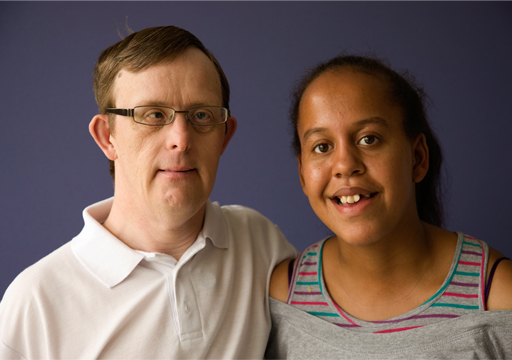4.2 Safeguarding
Keeping people safe – sometimes described as ‘safeguarding’ – is an important part of a professional’s job. Parents of people with learning disabilities also report the dilemmas they face in supporting their adult children to take risks, while wanting to protect them from harm.
It is a difficult balancing act. Under the law, people with learning disabilities in the UK can make ‘unwise decisions’ if they have capacity (Scotland. Adults with Incapacity (Scotland) Act 2000; England and Wales. Mental Capacity Act (England, Wales), 2005; Northern Ireland. Mental Capacity Act (Northern Ireland) 2016). This can include decisions about relationships. But if someone supporting a person with learning disabilities is concerned that the relationship is putting the individual in danger, how can this dilemma then be resolved?

The Local Government Association has developed a policy called ‘Making Safeguarding Personal’ (Lawson, 2017). This is about supporting people with learning disabilities to take positive risks, while safeguarding their own wellbeing, wherever possible. It doesn't mean the risk of abuse goes away, but it is an approach that is based upon human rights and focuses on empowering people to make informed decisions.
Activity _unit8.4.1 Activity 8 Practical steps to manage risk
Can you think of at least three ways in which people with learning disabilities can be supported to take positive risks in their relationships?
Answer
Here are some ideas you may have come up with:
- Helping people to recognise their right to be safe
- Helping people to understand when a relationship might be abusive
- Making sure people with learning disabilities know who to speak to if they have concerns about a relationship (for example, a trusted supporter or advocate)
- Giving people information about where they can go for help, if they need it
- Providing people with clear and accessible information about sex and relationships
- Providing sex and relationships training to supporters, including staff and family.
Loving relationships are important to most people. People with learning disabilities have the same rights as others to be in relationships. But family members, supporters and professionals must also be alert to when people are at risk of abuse. It is important that people with learning disabilities are given the support, information and advice they need to make informed decisions about their relationships.
